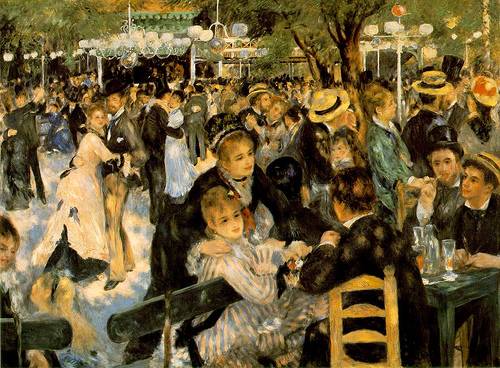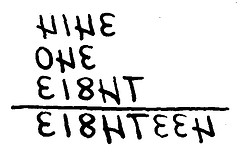William Lyon, a strolling player, who performed at the theatre in Edinburgh, and who was excellent in the part of Gibby, the Highlander, gave a surprising instance of memory. One evening over his bottle, he wagered a crown bowl of punch, a liquor of which he was very fond, that next morning, at the rehearsal, he would repeat a Daily Advertiser from beginning to end. At the rehearsal, his opponent reminded him of his wager, imagining, as he was drunk the night before, that he must certainly have forgot it, and rallied him on his ridiculous bragging of his memory. Lyon pulled out the paper, desired him to look at it and be judge himself whether he did or did not win his wager. Notwithstanding the want of connection between the paragraphs, the variety of advertisements, and the general chaos which goes to the composition of any newspaper, he repeated it from beginning to end, without the least hesitation or mistake.
— Cabinet of Curiosities, Natural, Artificial, and Historical, 1822






